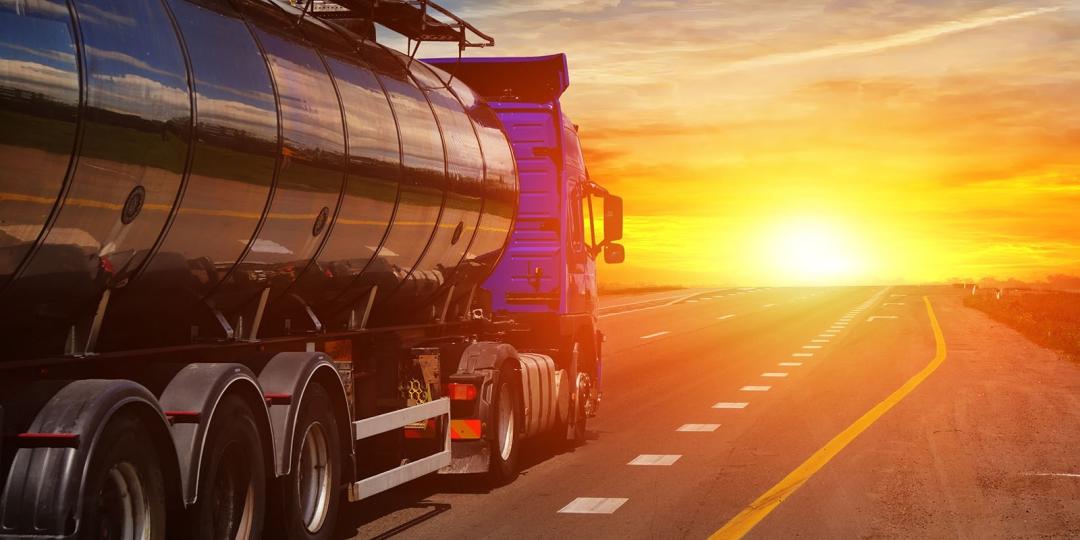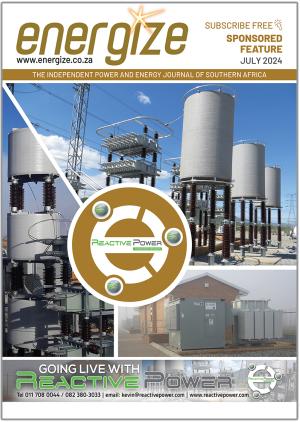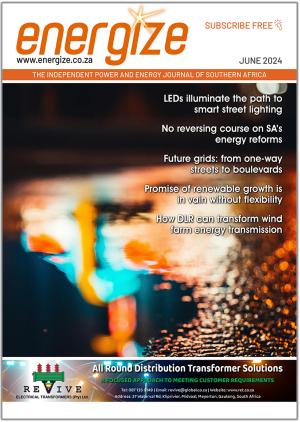South Africa’s leading alternative fuel company, DNG Energy’s Petroleum Division, and Masana Petroleum Solutions are joining forces to test the feasibility of making liquified natural gas (LNG) available to South Africa’s transport industry. The success of the pilot study will open up possibilities for a cleaner fuel to be available on a larger scale in South Africa to decarbonise the commercial and industrial industries.

The pilot study will begin in the last quarter of 2021 with at least one of Masana Petroleum’s customers and run for up to six months. DNG will be responsible for supplying the required volumes of LNG, install the necessary cryogenic equipment (equipment that keeps natural gas in liquid form chilled at appropriate level of -162 degrees Celsius) for delivery and dispensing of LNG onto the participating vehicles and provide training and support during the course of the pilot.
Aldworth Mbalati, Group Chief Executive Officer of DNG Energy says, “This is an exciting moment as we move to test the proof of concept for the transport industry, with a partner who is committed to transition to a cleaner future. LNG is a cheaper alternative to petrol and diesel, is in abundant supply, and will save the various industries in terms of service costs as service intervals are longer. We therefore see no reason why LNG cannot become the fuel of choice today, especially as natural gas vehicles, including trucks and busses are already in production, and it is proven to be less harmful to the environment.”
Morena Sithole, Managing Director of Masana Petroleum Solutions says, “We have deep expertise in identifying and meeting our customers’ energy needs of today. The world is transitioning to a lower carbon future, and we aim to support our customers through this transition. This partnership offers Masana an opportunity to learn together and identify key success factors to scale up commercial models aligned with our low carbon participation strategy”
This comes as the world is seeking cheaper alternatives to traditional sources of fuel that pollute the world. Global demand for LNG experienced rapid growth from near-zero levels in 1970 to a meaningful market share today, with half the demand coming from Asian and European countries. The LNG industry is booming as the world aims to break away from traditional and polluting energy sources such as oil and coal to focus on clean energy.
“In addition to the transport diesel market, the availability of utility-scale LNG in South Africa will afford the wider industrial and commercial customers in the manufacturing, power generation, mining and agricultural segments an opportunity to reduce their cost of energy use and carbon tax. We look forward to the pilot and sharing the results with the market,” says Mbalati.
Morena Sithole concludes, “As Masana, we are excited about this opportunity and look forward to the insights to inform the next steps as we look to integrate LNG in the suite of offers to support our customers’ plans to decarbonise.”
Contact DNG Energy, Phone 010 880-2935, media@dng.energy, https://dng.energy
















